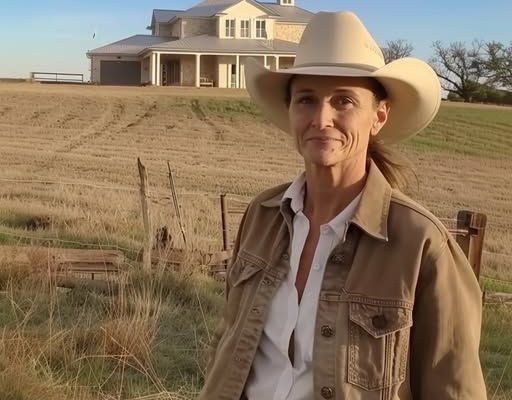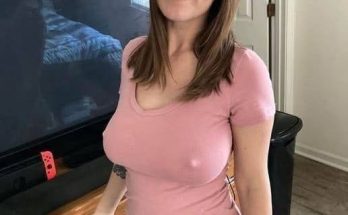The rain drummed on the rooftops as I hurried to the notary’s office, the weight of my father’s death pressing down on me. His debts had left me reeling, and now the home we shared was about to be taken away.
I thought I knew everything about my dad, until the notary’s words cut through my grief:
“There’s a house.”
“What?” I was stunned. A second property? One my father had never mentioned? The document in front of me was real, though the address was unfamiliar. Why had he kept this from me?
I couldn’t resist. I had to see it.
The house was old but charming, with fresh paint on the porch and moss on the roof. But when I tried the key, it didn’t work. As I peered through a window, the door flung open.
A stern woman, probably in her fifties, stood there.
“I’ve lived here twenty years,” she said firmly. “This isn’t your house. I’m not leaving.”
I showed her my papers. “My father left me this house.”
She scoffed. “Legal papers don’t mean a thing to me. I’ve poured my life into this place.”
Determined, I called my lawyer, who assured me I had legal rights. I told the woman, whose name was Deborah, that I’d stay until things were sorted.
Sharing the house with Deborah was tense. She banged pots at midnight, sabotaged the water, and hid my belongings. Yet, beneath the irritation, I sensed her loneliness.
Then came the breaking point. My clothes, carefully prepared for my court appointment, were tossed into the mud. When I confronted her, she said, “This house was never meant for you. Your father stole it—he stole you—from me.”
Her words stunned me. “What are you talking about?”
Tears welled in her eyes.
“I’m your mother. Your father told you I was dead because I left. I thought I’d find happiness elsewhere, but I was wrong. When I came back, he refused to forgive me. He kept you. This house was all he left me—a memory of what we once had, of the love we shared, and the pain that followed.”
She handed me a bracelet, my name and birthdate inscribed on its delicate surface. My throat tightened.
In that moment, all my anger dissolved. My world tilted. The woman I’d resented was my mother—the mother I’d never known.
When the court ruled in her favor, granting her ownership of the house, I felt lost. I stood outside, ready to leave, my bag at my side.
Deborah called after me softly.
“I can’t let you leave. I’ve blamed myself for so long, and I took it out on you. But you’re my daughter. I want us to try. I’m so sorry.”
Tears filled my eyes. Slowly, I stepped toward her and wrapped her in a hug. “I’m sorry too, Mom.”
Over the next few weeks, we transformed the house from a battleground into a place of healing. We cleaned, sorted through old boxes, and rebuilt a fragile bond. In that space, I discovered that family isn’t about perfection—it’s about forgiveness, about mending broken hearts, and starting over.



